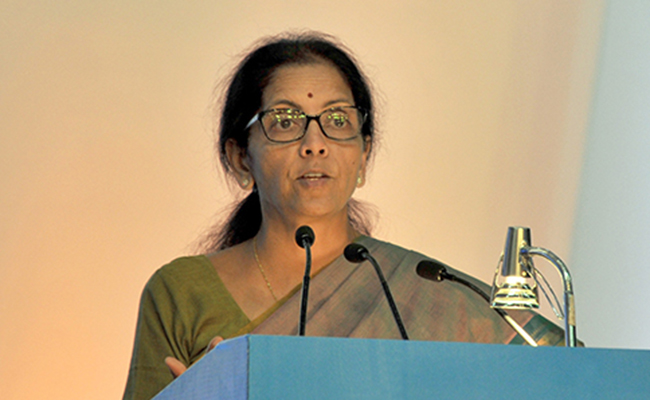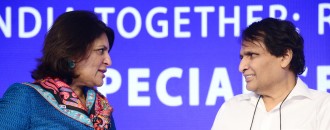
Reform process started in Doha in jeopardy: India tells WTO
The process of agricultural trade reform started during the WTO conference at Doha in 2001 will be in jeopardy if members try to shift focus on new issues, Indian Commerce Minister Nirmala Sitharaman said at the 10th ministerial conference of the global body in Nairobi. “The reform process which was started after the Uruguay Round in the form of the Doha Round appears to be in jeopardy. Negotiations have spilled over into Nairobi, which makes matters very complicated. The manner and haste with which important negotiating meetings are being convened does not inspire confidence,” Sitharaman said. Negotiations on reducing export subsidies, domestic support and import duties on agricultural products were part of the Doha Development Agenda (DDA). The Indian minister insisted that focusing on DDA is in the collective interest of all members and the Nairobi ministerial must clearly re-affirm the Doha Development Agenda. “These are all important. Let us not waste time negotiating which of these we should reaffirm and welcome. We must respect our negotiating mandates and work within the established framework of the DDA and the tried and tested WTO principles,” she said. Earlier in his address to the media at the start of the conference, WTO Director-General Roberto Azevedo had indicated the inclusion of new issues for negotiations at the forum. “A fundamental achievement here in Nairobi would be for negotiators to go out with renewed confidence and a common view for the future. And that vision has to be about not just focusing on issues on the table but looking around, looking at the world and looking at what we have around us, and begin to discuss these things and talk about these things,” he had said. Reports from Nairobi suggest that several developed countries are trying to bring new issues such as investment, environment policies and export competition at the forum to dilute the concerns of emerging countries. The Indian minister said that longstanding issues of interest to a large number of developing countries are being put aside for the future and new issues of recent vintage are being taken up with unusual enthusiasm. “We are disappointed at the cavalier manner in which these issues are being pushed into the future. On the other hand, there is a sudden inexplicable zeal to harvest export competition. On this we are told that there is convergence when in fact, there appears to be little,” she said. Terming agricultural reforms as the corner stone of the DDA negotiations, Sitharaman said, “We should resist the temptation of overloading the WTO agenda at this stage with new issues when we are still grappling with the completion of work in the DDA.” On the issue of special safeguard measures (SSM)— a tool to restrict sudden surge in imports— the minister said that India is in favour of protecting the interests of poor farmers and ensuring food security to hundreds of millions living in developing countries. She also expressed disappointment over the lobbies of developed nations forcing subsidy cuts on developing countries. “The reduction in the massive subsidization of the farm sector in developed countries which was the clear cut mandate of the DDA is now not even a subject matter of discussion today; leave aside serious negotiations,” she added.
December 16, 2015 | 05:40pm IST






 to success.
to success.